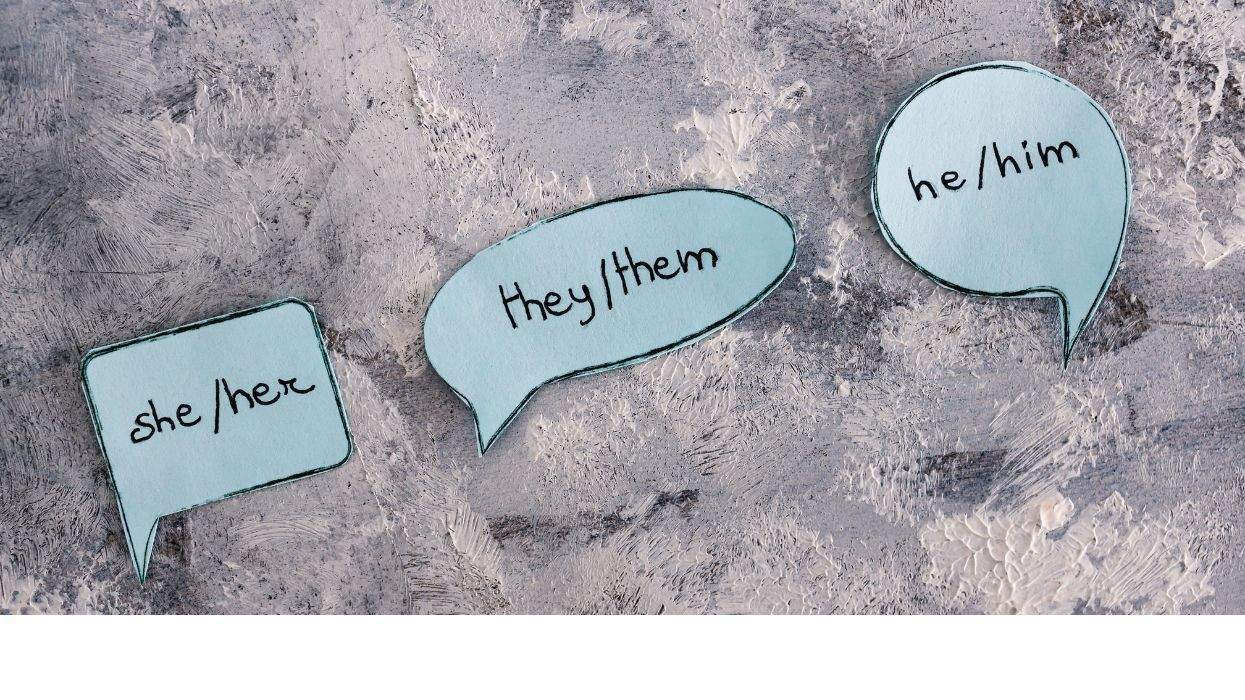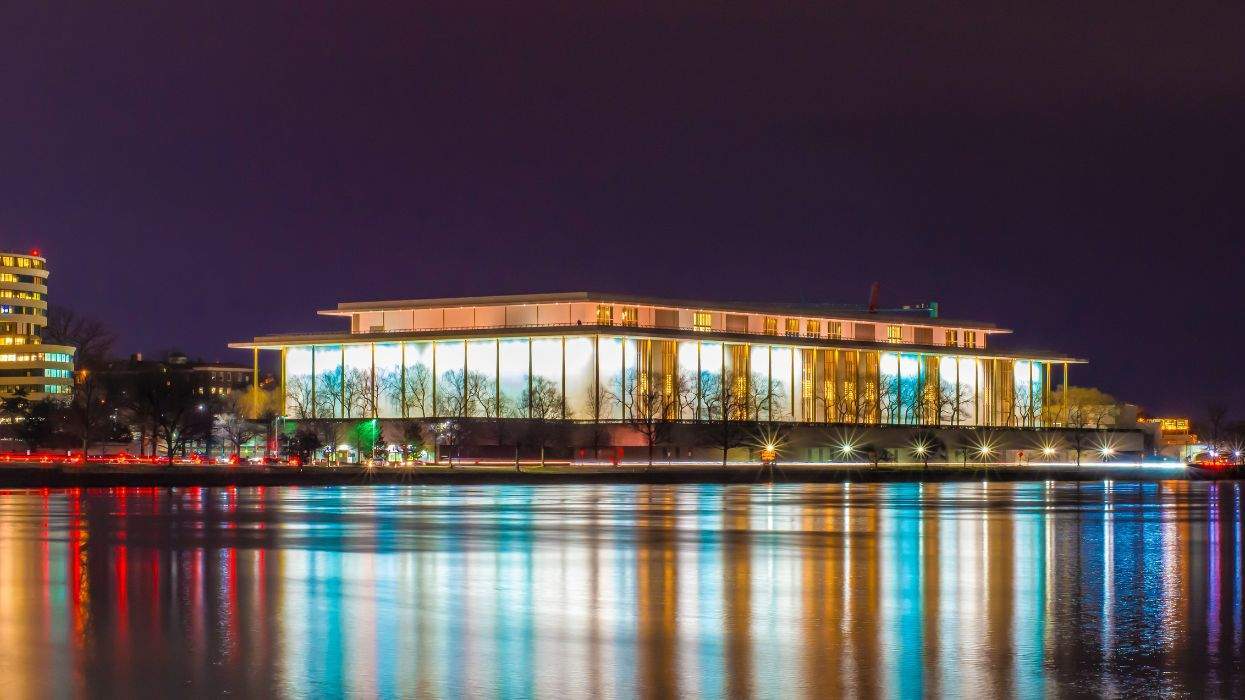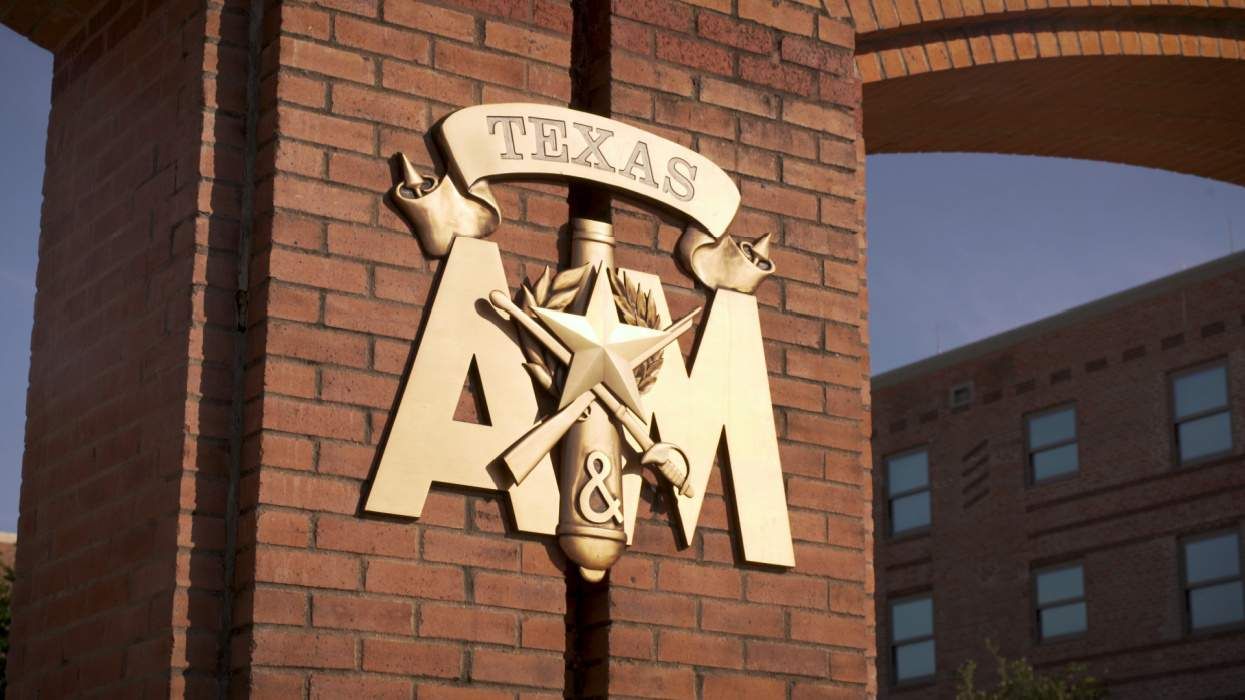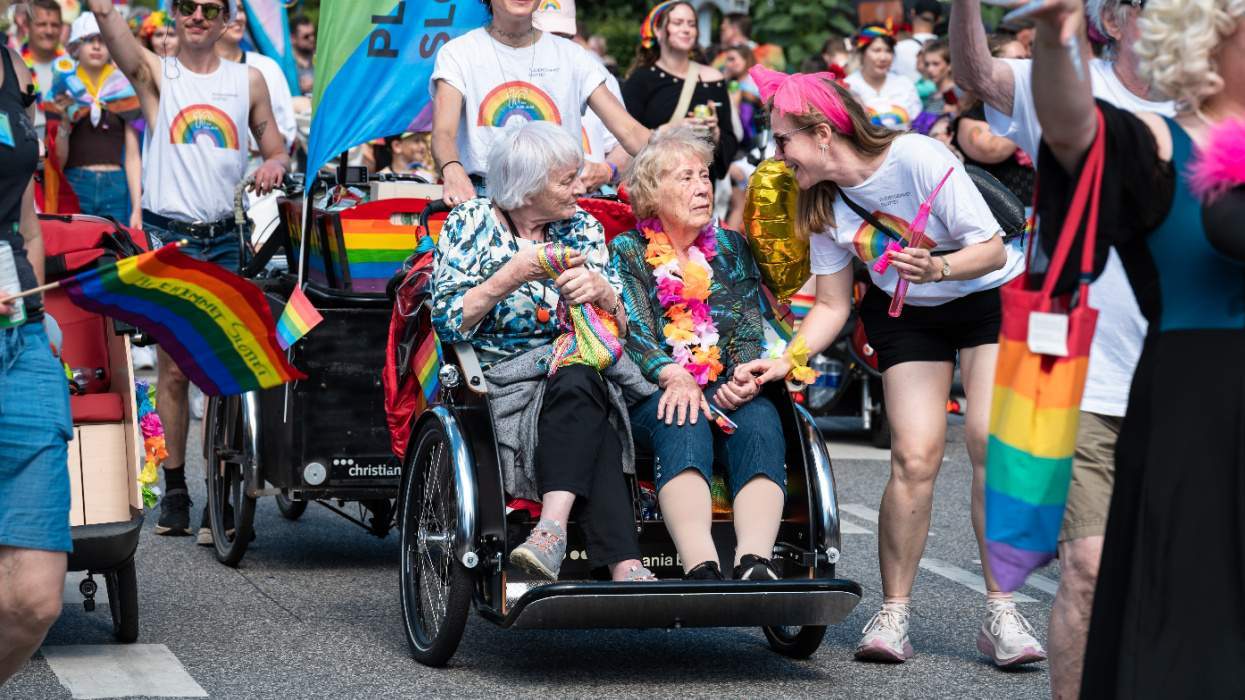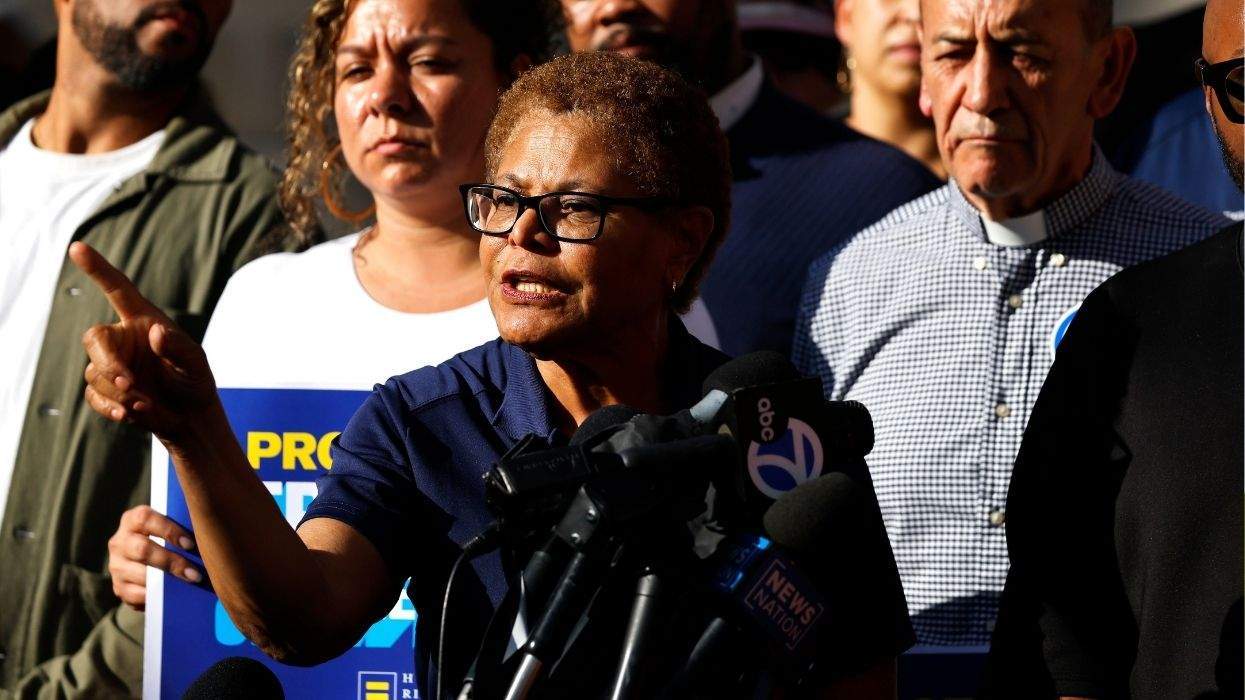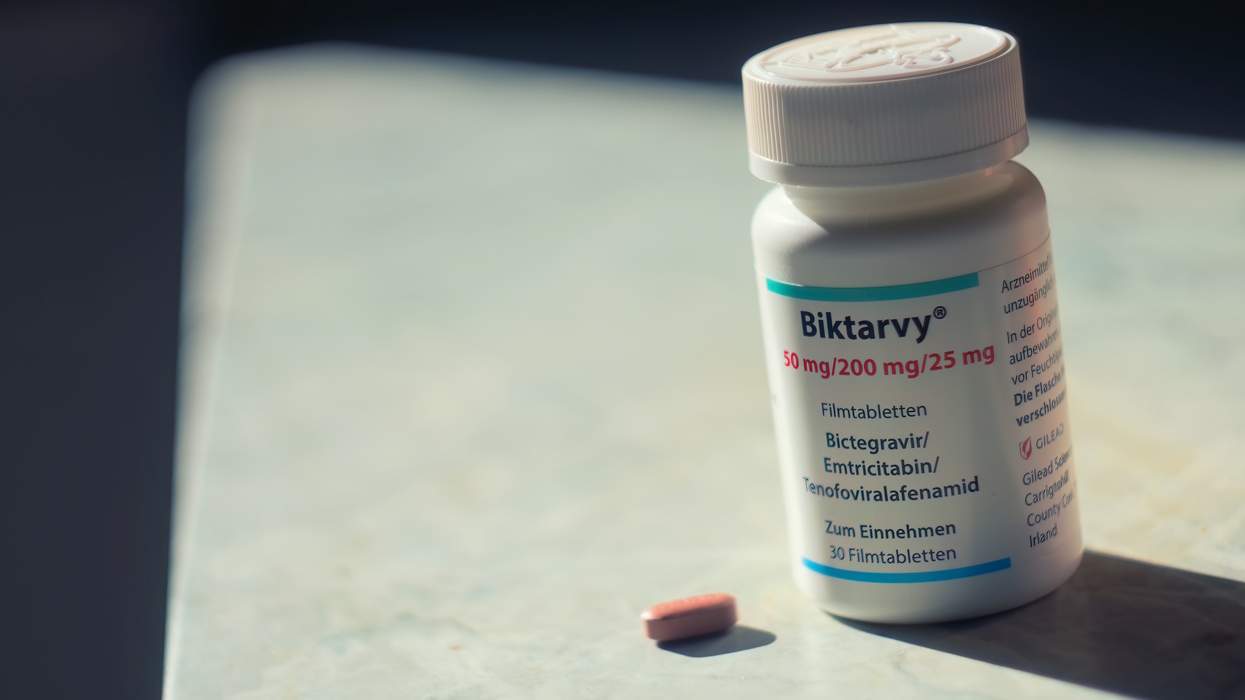When Matthew Mitcham arrived at the Sydney Aquatic Centre on a cold June day wrapped in a heavy coat and jeans (it's winter Down Under), it didn't seem possible that he'd strip down to a pair of Speedos and willingly dive into water again and again. The Olympic Games were two months away, and the 20-year-old diver with a pierced tongue was (and still is) dead-set on beating his rivals and winning the gold.
He did just that May 11 in Fort Lauderdale, Fla., at the AT&T USA Diving Grand Prix, one of the major annual meets put on by FINA, the international governing body for swimming, diving, and water polo. There, at an outdoor pool in windy conditions, Mitcham won the 10-meter platform, his specialty, defeating both 2004 Olympic gold medalist Hu Jia of China and fellow Australian and 2004 silver medalist Matthew Helm. Mitcham, currently ranked third in the world, also beat world number 1 Sascha Klein of Germany.
Diving is a mercurial sport in which one small move can mean the difference between a perfect 10 and a belly flop -- success depends almost as much on chance as it does skill. But in Beijing, if Mitcham nails his dives -- they include a forward 3 1/2-somersault pike and an incredibly difficult backward three-somersault tuck performed from an arm stand -- he could very well see the Australian flag raised above him. (He also competes in the three-meter springboard event, but less successfully: He didn't finish in the top six in Fort Lauderdale, and his world ranking is 10.)
Should he win, Mitcham will join the very small club of openly gay Olympic gold medalists.
But as significant as that moment would be for gay athletes everywhere, Mitcham has only one goal in mind. "I just want to be known as the Australian diver who did really well at the Olympics," he says. "It's everybody else who thinks it's special when homosexuality and elite sport go together."
Aquatic athletes are as revered in Australia as NFL stars are in the United States, so the news that Mitcham is gay made headlines throughout his home country. It was The Sydney Morning Herald that broke the story; in the course of profiling the diver as part of its Olympics coverage, a reporter from the paper asked Mitcham whom he lived with.
"I hadn't planned to do it at all," Mitcham says today. "It was just a question" -- which he answered by saying he lived with his partner of two years, Lachlan -- "and it went from there."
The subsequent attention turned out to be a bit of a distraction for Mitcham, who was hunkered down for pre-Olympic training when the story ran in The Herald May 24. He received so many media requests that his coach had to set aside a morning for interviews and photo shoots a couple weeks later. But by 2 p.m. Mitcham had to be back on the diving platform. It was the only access the press has had to the diver since he came out because, as he explains, he needs to concentrate on training and "not worry about what I'm going to say."
One might think that the fuss would have bothered his fellow divers, but they're nonchalant about his sexual orientation. "They don't seem to mind that I'm a big homo," says Mitcham, who trains six hours a day at the New South Wales Institute of Sport, a facility for elite athletes in 31 sports at Sydney's Olympic Park. "I make jokes about it all the time. I haven't made an issue of it, so they just reciprocate that attitude." Plus, he says, because of its artistry and grace, diving is "such an easy sport to be out in -- much easier than football, where you have to be rugged and strong and masculine."
Indeed, he says, some of his teammates at the institute are gay -- as are some of his competitors at the international level. "There are others, but I'm the first to come to the media and say, 'Hello, I'm gay!' I'm not scared."
Not that there aren't some who are bothered by his openness, such as the blog commenter who came to Mitcham's attention when he wrote that the diver couldn't win a medal now that he's come out. Such absurd thinking doesn't surprise him -- "Elite sport is such a macho thing" -- but it also doesn't faze him. After all, there've been openly gay Olympians before, and some have even won medals -- such as Dutch swimmer Johan Kenkhuis, who took home a silver as part of the 100-meter freestyle relay in 2004.
Mitcham almost lost his chance at a medal before he even had a shot at one: He quit the sport after burning out two years ago. A trampolinist as a child, he started diving at 11, after he was spotted by a coach as he was playing on a board in the Brisbane suburbs where he grew up. By the time he was 16, the rigors of training had made his body a wreck: He had a stress fracture on his lower back and 13 ganglion cysts -- a kind of joint and tendon swelling--in his right and left wrists. By his senior year of high school those health issues -- combined with a heavy academic load, a hectic competition schedule, and daily 5 a.m. workouts -- overwhelmed him.
"I had too much on my plate," he says. "Going to the Olympics was always a dream of mine, even winning a medal, but at the time my personal needs far outweighed the desire."
So he took six months off, catching up with friends, hitting the bars, doing everything he couldn't do as an aspiring Olympian. He also met Lachlan (about whom he's tight-lipped for the sake of his privacy). But it didn't take long before his desire to compete returned, so at the beginning of 2007 the couple moved to Sydney and Mitcham resumed his diving training, this time at the renowned institute.
Today, Mitcham credits that break with getting him as far as he's come: "I'm glad I took the time out, because if I hadn't, I wouldn't be in this position now. I recovered physically, emotionally, and mentally--and I had a lot of fun." But he's been so focused on Beijing since then that he hasn't been out with friends for more than a year and a half. And now that he's won his ticket to China, he'll be cheered poolside by Lachlan, courtesy of a $5,000 travel grant from Johnson & Johnson's Athlete Family Support Program (no, there wasn't an outcry, as you might expect in the States). His mom may be there too, thanks to some Sydney gay men and lesbians who offered to cover her expenses. "I'm very proud to be part of the gay community," he says.
As it is for any gay diver, the Greg Louganis comparison looms large. But Mitcham doesn't exactly spend much time thinking about his predecessor, one of diving's great champions with back-to-back double gold medals at the 1984 and 1988 Olympics. "We're both gay divers," he says, but "that's about the only similarity -- two things we share out of thousands of millions of qualities and character traits."
Louganis doesn't make too much of their similarities either: "He's a great kid and a great athlete. It shows we've come a long way," he says. "There are more positive images out there for young gay kids, so it's very important." But does he see himself in Mitcham? And could those traits help him win the gold? "I leave that to you all, because you're always wanting to make comparisons and judge."
Arguably, Mitcham is more famous heading into his first Olympics than Louganis was back in '84 -- coming out, intentional or not, has been a great career move. "There were maybe a dozen Americans who had heard of Matthew Mitcham before," says Cyd Zeigler Jr. of Outsports.com. "I bet you can't name an American diver, and yet people know who he is -- even though he's Australian." And people are definitely pulling for him, Zeigler adds: "Just like Jesse Owens was a great hope for black athletes, Mitcham is for gay athletes."
But guess what? Divers don't reach their peak until their mid 20s, when their bodies are fully mature and they're strong both physically and mentally. So no matter how he does in Beijing, chances are good that Mitcham will compete again in London in 2012, when he'll be only 24. He may even try for 2016. "Twenty-eight is going to be hard," he says, "but if I'm still in it, and I'm good enough to make the team, then that would be cool." He's likely at only the beginning of a glorious career.
Back at the pool, with the interview over, Mitcham is comparing thigh muscles with a much bulkier teammate, then asking another if the spray-on tan missed a spot on his back. Relaxed, smiling, occasionally chirpy, he's quite charming in person -- and it's clear that he knows it.
But once practice begins, his competition face comes on, all determination and commitment. The gay kid barely out of his teens breaks out from time to time, flashing a toothy grin when he catches someone's eye or sticking his tongue -- and his tongue piercing -- out on request. But Mitcham is an elite athlete with a job to do now. If he wants to win the gold, he has to work hard.
"The passion is diving, but the goal is winning," he says. "It's not mine to lose, but hopefully it's mine to win."

